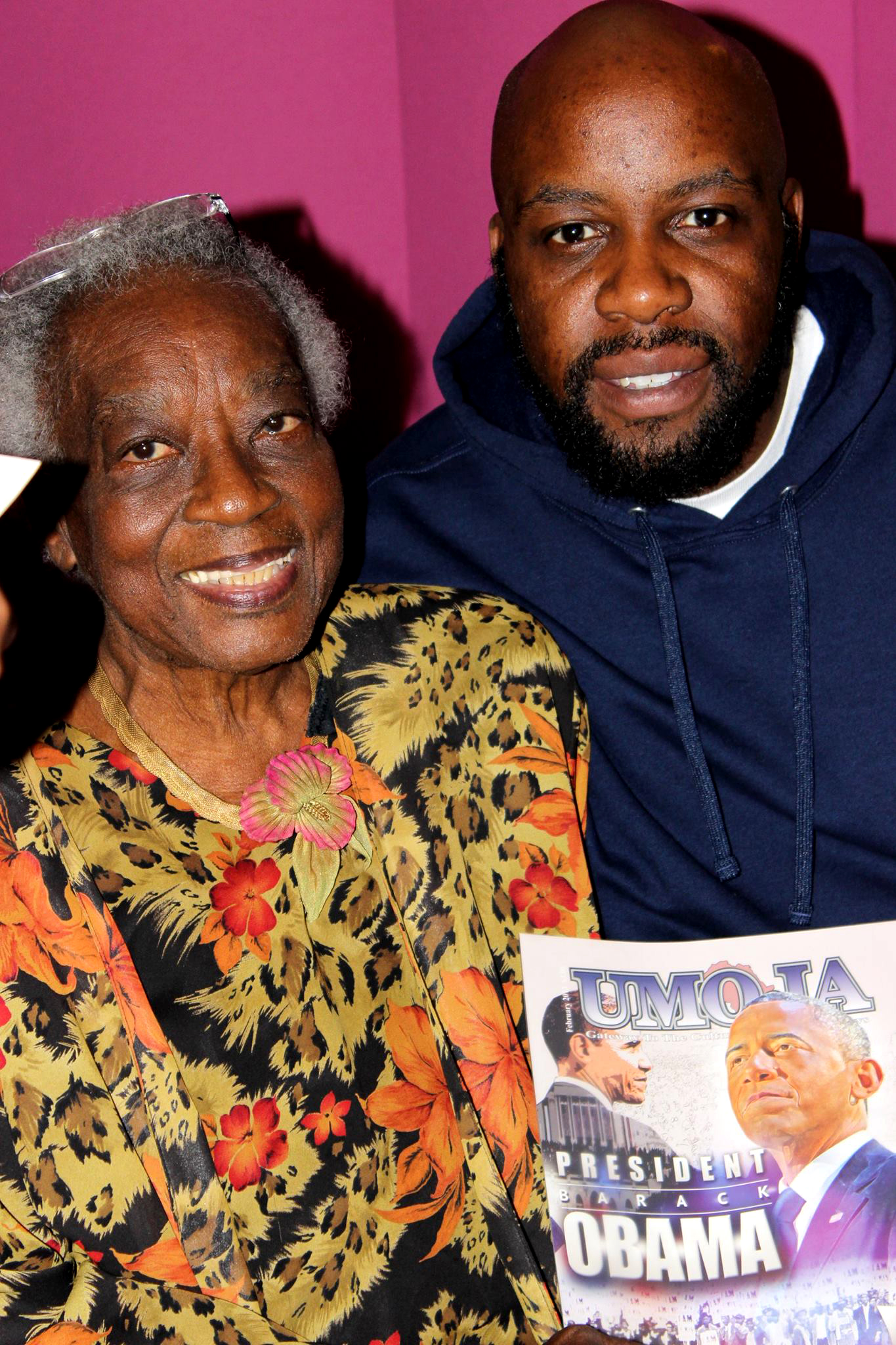
Umoja has become a well-known name in many households throughout Dane County. It’s the first and only monthly black publication in Madison. The magazine started as a newsletter and over the years has grown into a legacy.
“My original vision was to have something beautiful to reflect my people,” the founder of Umoja, Milele Chikasa Anana, said.
That vision came to her growing up in Tulsa, Oklahoma. Anana, or Ms. Milele, as most people know her, always felt connected to her community even in an era of segregation. When she moved to Madison in 1968, she saw a need to give to others, which is a passion her youngest daughter, Amani, sees in her mother every day.
“She is always thinking about the community. She is always thinking about making sure our legacies are documented,” Amani Latimer-Burris said.
Umoja, the Swahili word for unity, connects real images of the black experience into the larger story of the Madison community. It’s a vision that was not as clear 26 years ago when the magazine was founded in 1990.
“I think I have had an opportunity to influence major media, showed them that it is possible to do something besides a feature on an athlete or a feature on a welfare person,” Chikasa Anana said.
“You see different aspects of us because we are not all alike. We are not all monolithic. We are not all this or that, so I think that’s the energy that this magazine brings to the community,” Latimer-Burris said.
Chikasa Anana said these are pages for a future of positivity in the black community and role models for future generations.
“They can’t be what they can’t see. By portraying role models in Umoja, we have been able to let our children know what is possible,” she said.
It’s that possibility she portrays in interviews with some of her own role models, like Cornel West, Angelia Davis, Condoleezza Rice and Juliane Bond. Milele combines national stories with local stories highlighting neighbors, classmates and co-workers to give readers a wider view of people in their community.
“Hopefully, I’ve been a leveling agent in some way to encourage black people to appreciate themselves and understand what they are doing and how that contributes to the whole quality of life in Madison. I call Madison my village,” she said.
The magazine is much more than a collection of pictures and words, it’s a culture, a community and unity.
“We have a purpose here and our purpose has been laced with tragedies, but also triumphs, and we have a place in this world that is uniquely ours,” she said.



